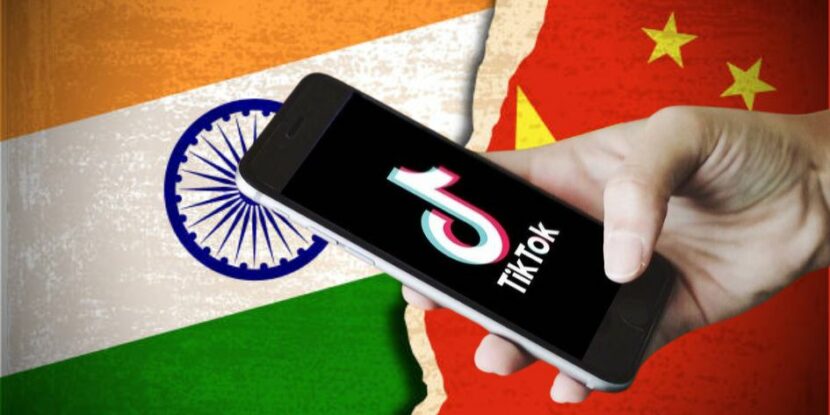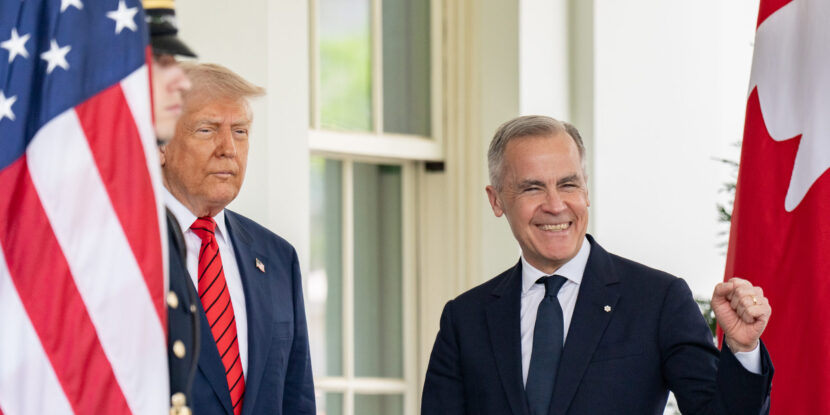In June 2020, the government of India — citing national security concerns — swiftly banned 59 Chinese-owned digital apps available online for download on mobile phones. Among the apps banned was TikTok, the popular social media platform owned by the Chinese entertainment and gaming conglomerate ByteDance.
The ban on TikTok ended access for over 200 million Indian users. India was TikTok’s largest national market in the world.
ALTERNATIVES TO TIKTOK.
The Chinese social media app established itself in India in 2017. Much like in the U.S., TikTok quickly became a social and business tool for Indian citizens who could leverage stints of digital fame to earn sometimes lucrative paydays. While many Indian social media stars initially lost their audiences, some quickly uploaded their archived TikTok content and new videos on other burgeoning sites and platforms.
Both Facebook’s Instagram and Google’s YouTube saw an influx of users after the ban. Some of the country’s most popular social media stars were able to recover their status fairly quickly, either through American-based social media platforms or through smaller and more locally targeted Indian-owned apps.
INDIA AND CHINA’S HOSTILE HISTORY.
Unlike the U.S. government, which has engaged in a protracted ‘stop-and-go’ effort to force ByteDance to divest from the U.S. version of TikTok or ban the app outright, India moved quickly to cut off the Chinese app. The two nations have a hostile history and have been entangled in a protracted border dispute since the 1960s.
Tensions between India and China briefly escalated in early May 2020, with troops stationed along the border engaging in several days of brutal hand-to-hand combat. With mounting evidence that the Chinese Communist Party was using TikTok as an espionage tool and the escalated border tensions, the Indian government decided to ban the app.
WHAT THE U.S. CAN LEARN.
The lessons from India could provide crucial insight for U.S. lawmakers as they weigh legislation forcing China’s ByteDance to divest from the app or face its ban. Last week, the House of Representatives passed legislation narrowly targeted — much like the ban in India — which would force divestment or bans on companies controlled by four adversarial nations: Russia, China, North Korea, and Iran.
Some Americans are, however, voicing concerns the bill’s scope could be broadened as it works its way through the Senate. This could leave the door open to abuse by the Biden government. However, if the Senate can avoid amending the legislation, caving to user threats, and any potential’ poison pill,’ the effort to restrict Chinese influence could spur similar results in the U.S. as in India, with other platforms and smaller start-ups filling the void left by TikTok.




















